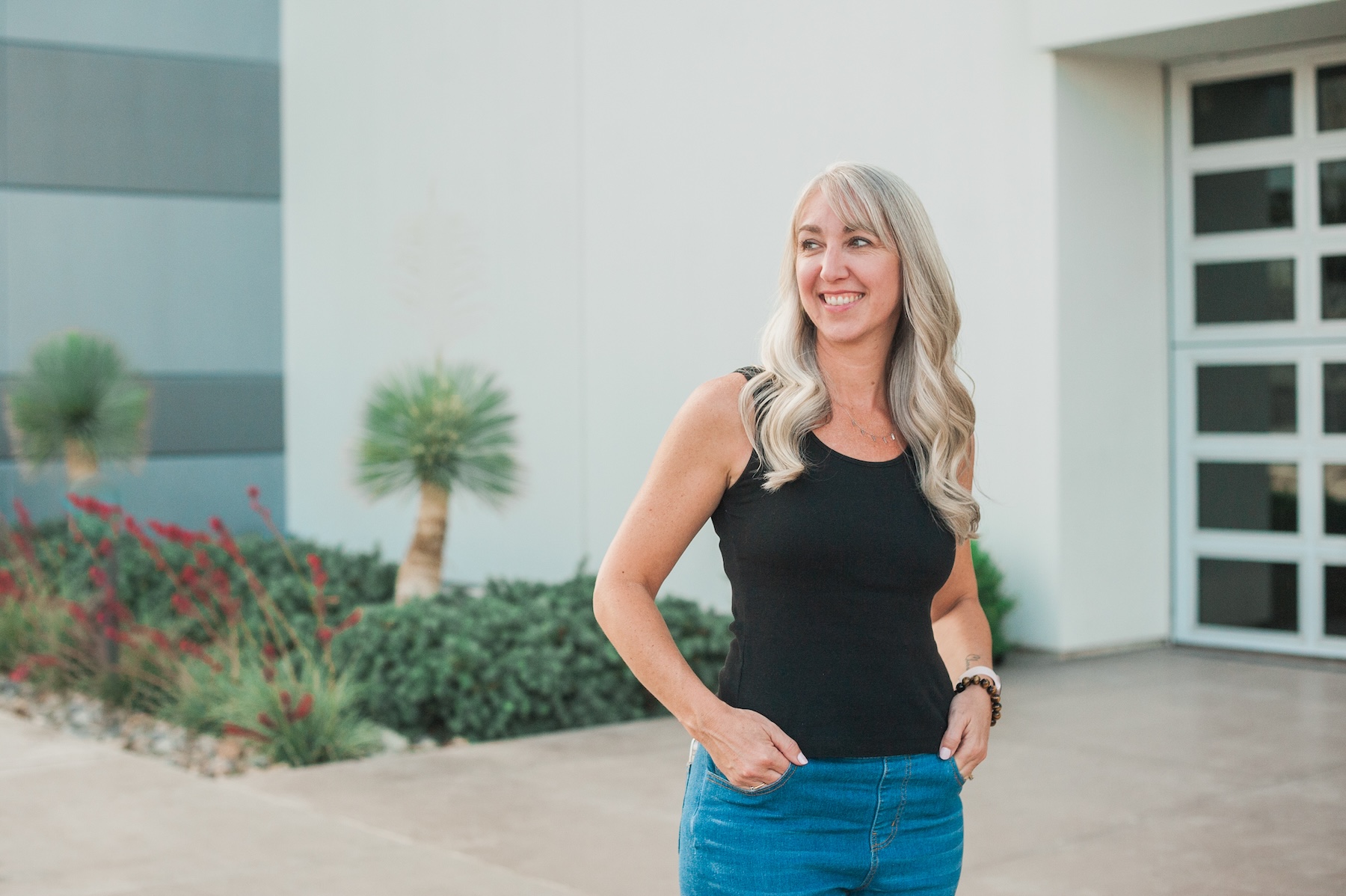Something I’ve learned as a Grief Recovery Specialist is this:
You can’t truly move through grief in a healthy way without honesty.
That means looking at a situation, or a relationship, for what it really was/is: both the good and the bad. No one is all good, and no one is all bad. In grief recovery, we call it “enshrinement” (putting someone on a pedestal) or “bedevilment” (seeing them as only terrible). Both keep us stuck.
The truth? Every relationship is a mix of sweet and sour, right and wrong. Acknowledging that doesn’t diminish the hurt or excuse harmful actions, it simply makes space for nuance. Sometimes the only thing you can honestly say is, “that person had value as a fellow human being.” And even that small acknowledgment can open the door to healing.
This step is crucial in grief recovery, and it’s one I think our polarized world needs a reminder of right now. Yes, some actions are clearly wrong and need to be named (You see me do it all the time). But so often, things are both/and, not either/or.
As an Enneagram 1, I naturally lean toward black-and-white thinking. The easy thing to do is to sort people and experiences into neat piles of “good” or “bad.” But the reality is rarely that simple. Some relationships may hold far more negatives than positives, and honesty requires us to admit that. But to stay soft, curious, and healthy, we also have to look for any possible positives too.
An important note though, if this relationship is an ongoing one (living vs. one who has died) that is more hard than good, it’s okay to set healthy boundaries and step away if needed.
And one last important piece: your feelings are valid. If someone hurt you, it doesn’t matter if others had a different experience of them. A person’s positive qualities don’t erase their harmful ones. To honor each other’s grief, we have to avoid telling people how they “should” feel.
Honesty in grief is hard. But it’s also what helps us move forward.

